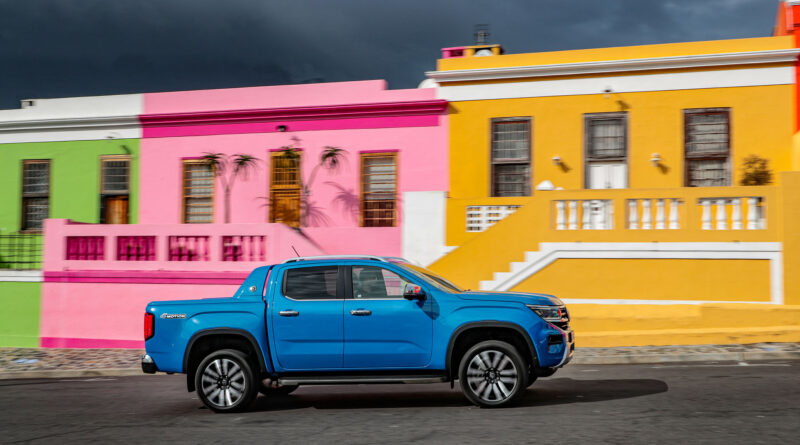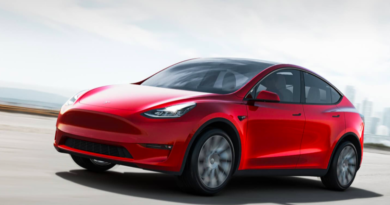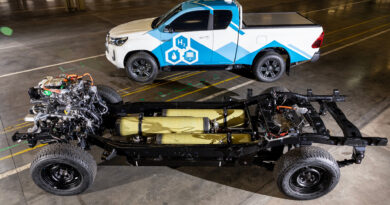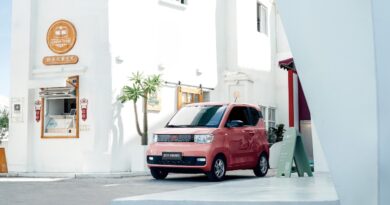Volkswagen Amarok EV ute slated for 2027
The new Volkswagen Amarok ute is set to go electric – but it will take a few years to make it into dealerships.
Product planners for the second generation of Volkswagen’s four-door ute have confirmed they will develop a battery electric version of the upcoming model by about 2027.
With an architecture and major mechanical components shared with the Ford Ranger – the Amarok is also built in a Ford factory – the Amarok EV also reaffirms word from the Blue Oval brand that its ute will also soon have a zero emissions alternative.
EXCLUSIVE FEATURE: EV ute overload: The electric pickups coming soon
READ MORE: Ranger to go electric by 2030 as Ford boosts EV investment
Speaking at the launch of the all-new Amarok, global product planner Peter Sulc confirmed the company would develop an EV ute in conjunction with Ford.
“We are going to do [an electric Amarok] some day,” said Sulc. “We see the [electric vehicle] trend and it’s also matching our internal [electrification] transformation logic.”
The challenge will be when and how an electric Amarok surfaces.
Ford and Volkswagen codeveloped the current generation Ranger/Amarok mostly in Australia using a Ford architecture and engines.
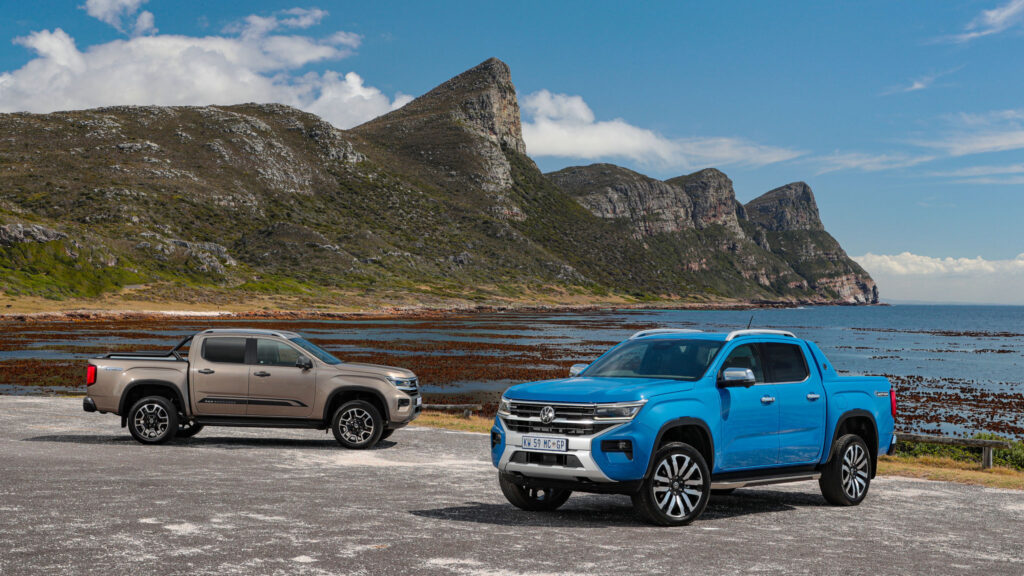
The EV Amarok and Ranger will again share components, with Volkswagen suggesting that would be a requirement to firm up the business case for such a ute.
“We would do the common sourcing … because otherwise it doesn’t (make) any sense,” said Sulc.
While they worked together on the ICE versions, Ford and Volkswagen are bound by strict competition laws that place restrictions on what can and can’t be directly discussed between the brands.
But Volkswagen is clearly keen to get the ball rolling, not only confirming that an Amarok EV would happen, but also providing details of how it would occur.
Sulc says development of an EV will be much quicker than a ute with an internal combustion engine. But he also cautioned against rushing into it, suggesting the market was not ready for mass production of electric utes – something arguably countered by unexpectedly high orders for electric pick-up trucks in North America.
“I still don’t see the timing in the next two or three years,” he said. “I do see somewhere in the second half of the decade.”
Somehwere around 2027 appears the likely timing, with development likely to start in 2023 or 2024.
Sulc also elaborated on some of the targets for the electric ute. He nominated an EV range of between 350 and 400km, but that includes towing a trailer for about 70km of that test cycle.
That would suggest an overall WLTP range of about 500km.
Development of the electric ute hasn’t yet begun, with Volkswagen saying the company is working to establish parameters for the project.
“What is running right now … is some kind of the conceptual thinking … how the battery should look like, what is the density of the battery, what kind of the liquid battery you are using,” says Sulc.
It’s unclear what batteries would be used, although Ford is pushing hard on the development of solid-state batteries, which have a much higher energy density than the existing lithium-ion batteries.
Sulc nodded that solid-state batteries were one possibility, albeit one that would rely on Ford bringing the technology up to production spec. That would likely happen with Solid Power, an engineering firm the company has an investment in along with BMW.
Once the electrical architecture has been engineered for the T6 platform that underpins the Ranger and Amarok it opens various possibiities for other BEV derivatives.
Ford could also theoretically create EV versions of its US market Bronco and the seven-seat Everest that rivals the Toyota Prado in Australia.
And Volkswagen has expressed an interest in an off-road wagon powered solely by electricity. However, whereas the Amarok has ICE versions that are currently the only option, Sulc says an EV wagon would not be joined by a petrol or diesel variant.
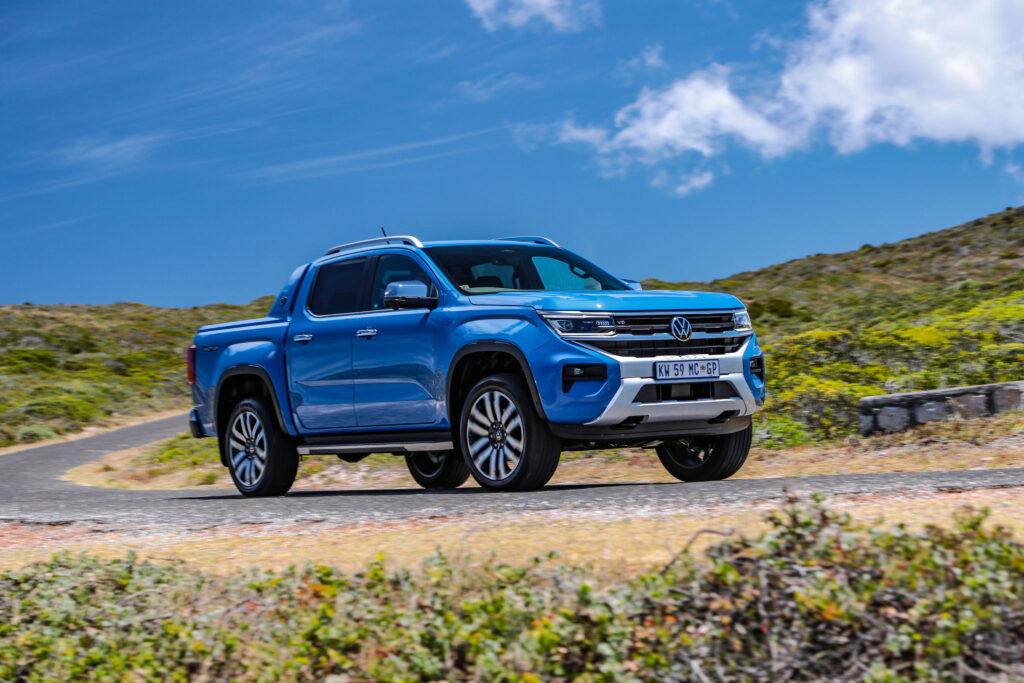
“In the next 12 months we will have more of a position about this topic,” he says.
Volkswagen is also working on a plug-in hybrid electric version (PHEV) of the Amarok, something that also appears to be a few years away.
Sulc says PHEV tech is better suited to a ute – and would most likely better meet the imminent Euro 7 emissions requirements – than a regular hybrid.
As for petrol or diesel, he says a petrol engine is more likely. However, it will be smaller than the 2.3-litre four-cylinder turbo petrol engine that will initially be offered with the Amarok.

